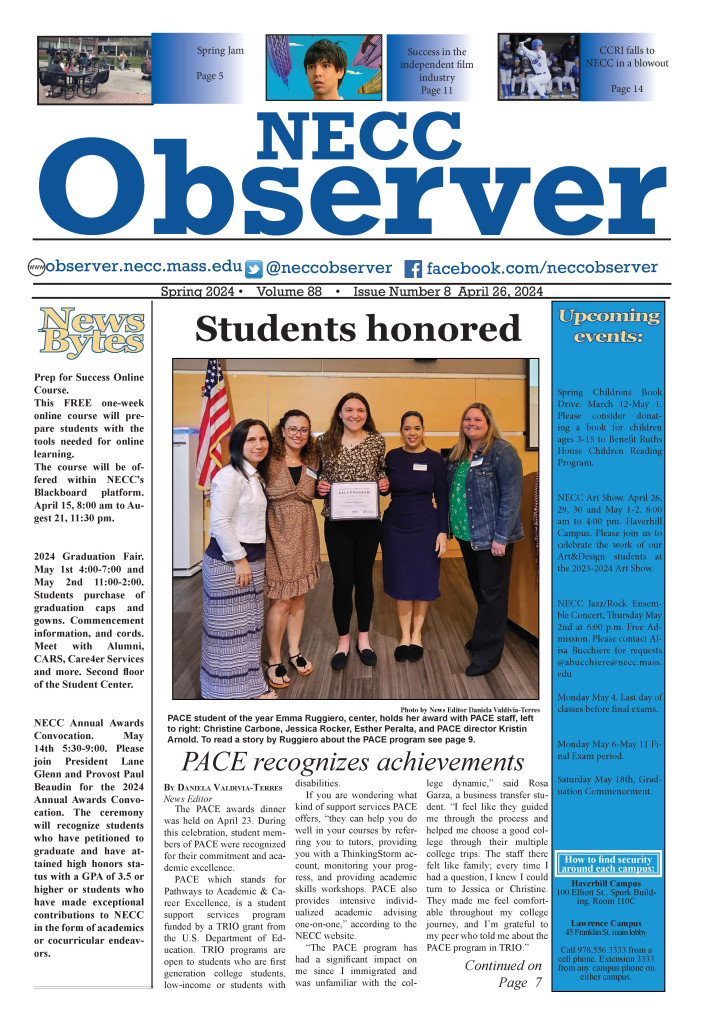After nine months of negotiations that have been referred to as “grueling” and “hostile” by union representatives, the Massachusetts Community College Council (MCCC) finally has a tentative agreement with the Massachusetts Board of Higher Education (MBHE).
Union members voted 965 to 91 on March 23 to ratify the agreement, which remains in effect for 3 years and includes a 2 percent pay increase for the first year, retroactive to July 1, followed by a 2.5 percent increase for each of the following 2 years.
This is somewhat lower than the 3, 3.5 and 3.5 percent pay increases achieved by faculty’s counterparts in state universities just two years before.
Counted as a huge win for the union is the elimination of language proposed by the MBHE that would have made changes that some feared were a direct threat to their academic freedom. According to the tentative agreement summary, “Management sought to require the use and assessment of SLOs (Student Learning Outcomes) from unit members which would have been a significant change in workload and practice. Moreover, management’s proposal, as written, could have made Student Learning Outcomes evaluative…”
Union members had feared that this measure could have linked teacher’s raises, and perhaps their job security, to their students’ grades.
Those opposed to this change argued that in a community college setting, where students are faced with a variety of barriers to success, it is often factors beyond the control of the teacher that interfere with a student’s grades, making this a poor measurement of actual teaching skills.
Also included in this agreement is new language that allows parental leave to be taken by non-biological parents and protects teachers from being forced to teach classes after 6:30 p.m. as part of their work day. The full agreement can be viewed on the MCCC website at mccc-union.org/Bargaining_Updates.
MCCC Union president Joseph LeBlanc said, “Members are happy with the (tentative agreement). It is the best they will do under the Baker administration.”
LeBlanc is likely referring to Governor Baker’s reputation for being stingy when it comes to educational funding. Since he took office, just over a year ago, he has come under fire more than once from the educational community. Last year, his first year in office, he began by proposing $5 million in cuts to early education, prompting a flurry of calls and emails from angry parents and educators who rely on these services.
Barbara Madeloni, who is the president of the Massachusetts Teachers Association (MTA), released a statement regarding Baker’s 2015-2016 school budget which accused Baker of lacking vision and shortchanging students with an “absence of meaningful investments in education and other vital community services.”
The statement continues, “While keeping school districts at foundation levels, as is constitutionally required, Governor Baker’s proposed spending plan fails to address the fact that many of our communities already face significant shortfalls in the resources they need to provide children with the schools they deserve.” The budget for 2016/2017 also includes several issues of concern to the MTA, according to massteachers.org.

